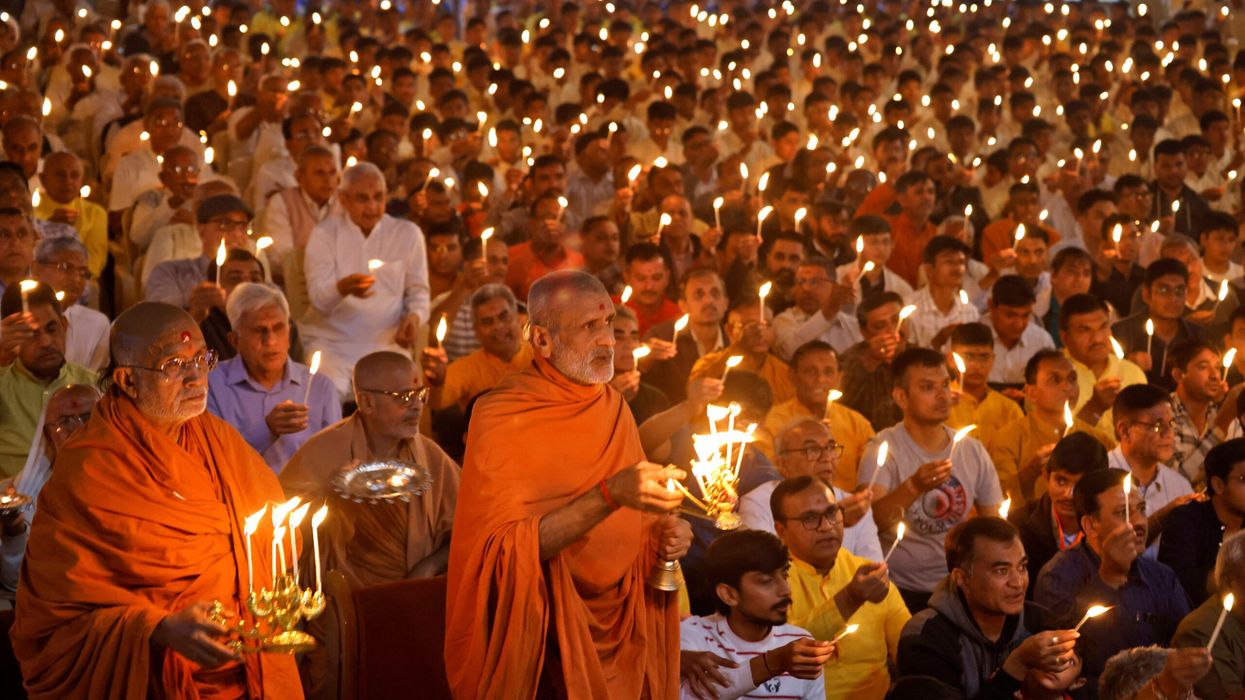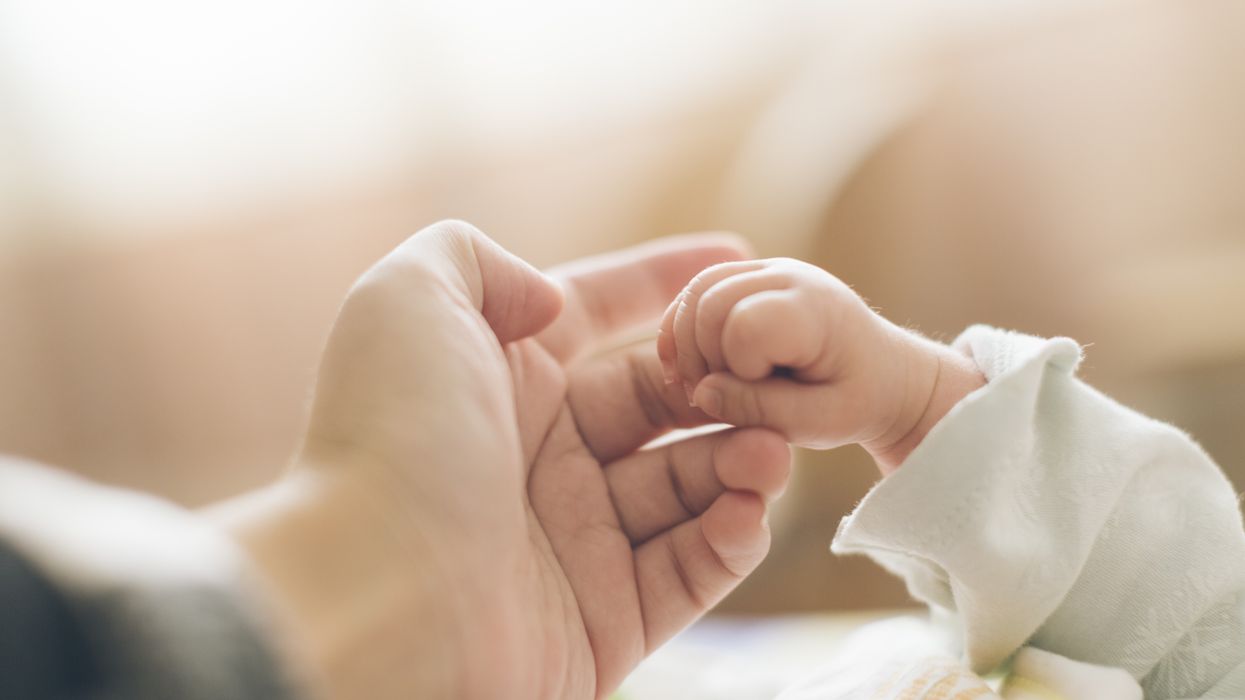INDIAN prime minister Narendra Modi led a ceremony on Monday (22) to consecrate a grand new temple to the Hindu god-king Ram, delivering on a campaign promise his political party made more than three decades ago.
The construction, begun in 2020, had been a contentious issue as the temple stands on the site of a 16th century mosque demolished by Hindu mobs in 1992, sparking nationwide riots that killed 2,000 people, mostly minority Muslims.
Legal battles ended in 2019 with the Supreme Court deciding to allow a Hindu temple to be built there, on condition that Muslims received another plot to build a mosque.
What are the features of the new temple?
Modi laid the foundation stone of the temple to one of Hinduism's principal deities on a 2.7-acre (one-hectare) plot within a complex that sprawls over 70 acres (28 hectares).
Supervised by a panel headed by Modi's former chief of staff Nripendra Misra, construction cost an estimated Rs 15 billion ($181m), funded by contributions amounting to more than twice that from 40 million people in India.
What was the religious dispute about?
The Indian epic, the Ramayana, mentions Ayodhya, a town in the northern state of Uttar Pradesh nearly 700 km (435 miles) east of New Delhi, as the birthplace of Ram, whom Hindus believe to be a physical incarnation of Lord Vishnu.
The razed mosque dating from 1528, during the rule of Babur, India's first Mughal emperor, is believed by many Hindus to have been built on the spot where Ram was born, following the demolition of an earlier temple there.
In Dec. 1949, authorities seized the mosque after Hindu activists placed idols of Ram inside the disputed structure. Court orders barred removal of the idols, and the structure's use as a mosque effectively ceased.
Hindu and Muslim groups filed separate claims over the site and the structure. In 1989, a high court ordered the maintenance of status quo.
How was the mosque razed?
Hindu and Muslim groups tried unsuccessfully to resolve the dispute through talks, before Modi's Hindu nationalist Bharatiya Janata Party (BJP) launched a nationwide campaign in 1990 to build the temple.
Lal Krishna Advani, the president of the party at the time, embarked on a cross-country journey on a truck fitted out to resemble an ancient chariot.
It whipped up Hindu fervour, deepening rifts with Muslims but also catapulting the party to national prominence.
The BJP campaign climaxed in a rally in Ayodhya on Dec. 6, 1992, when a mob climbed the mosque and smashed its domes with axes and hammers, levelling the entire structure.
The event triggered sectarian riots in several parts of India, killing about 2,000 people, mostly Muslims.
Muslims are a minority in mainly Hindu India, making up about 14 per cent of its 1.42 billion people.
As a foot soldier of the party at the time, Modi helped organise the chariot's journey, which began in his home state of Gujarat.
He rode to the office of prime minister in 2014 on a Hindu nationalist platform that included the promise to build the temple.
(Reuters)













